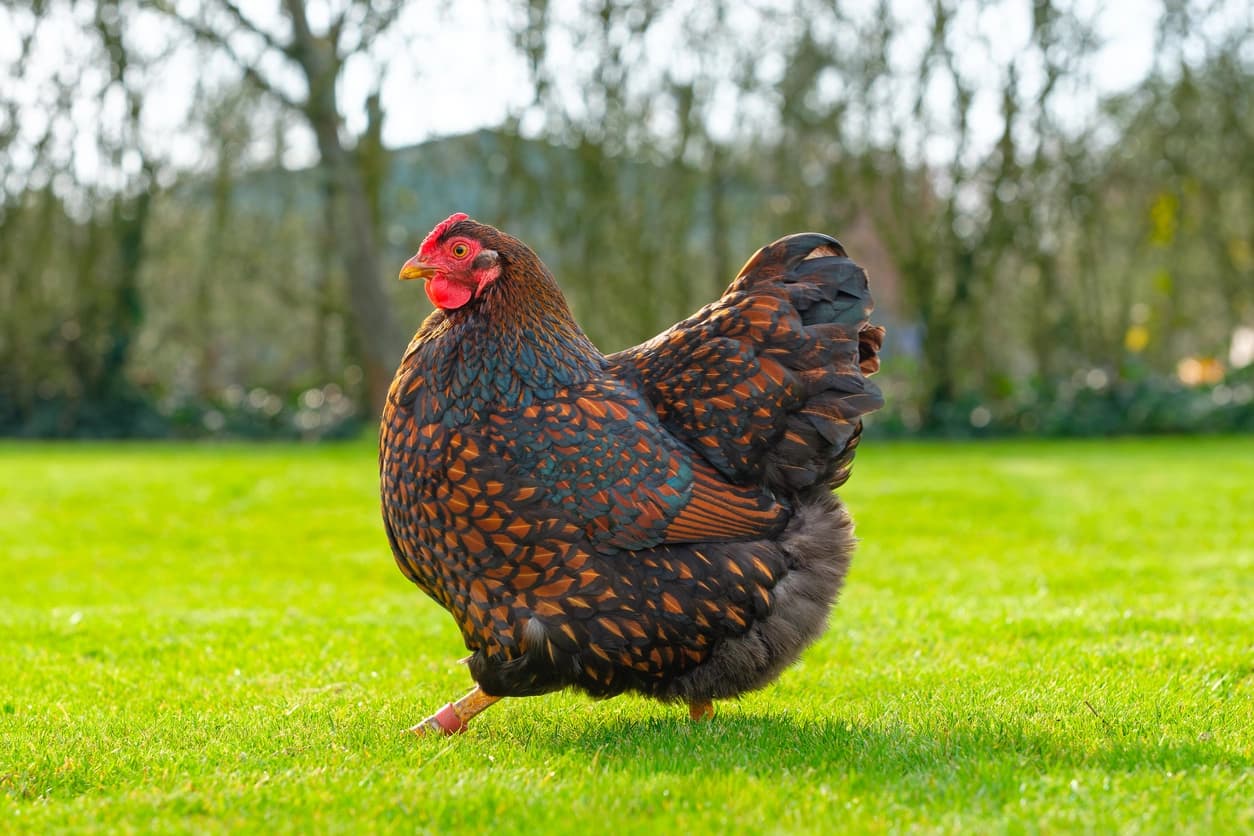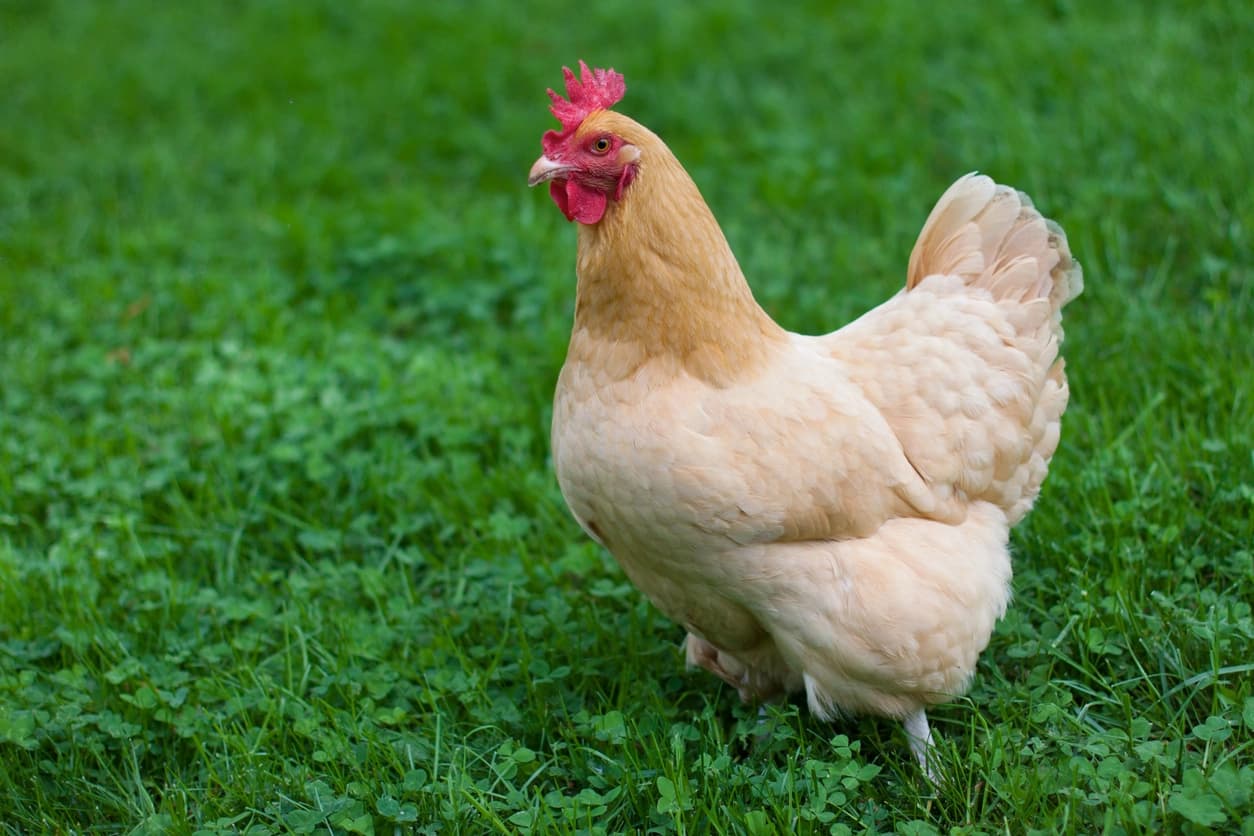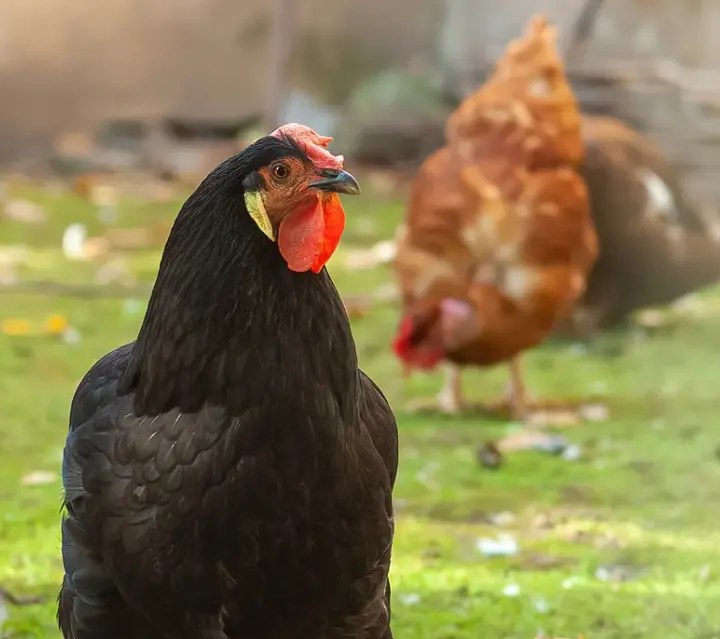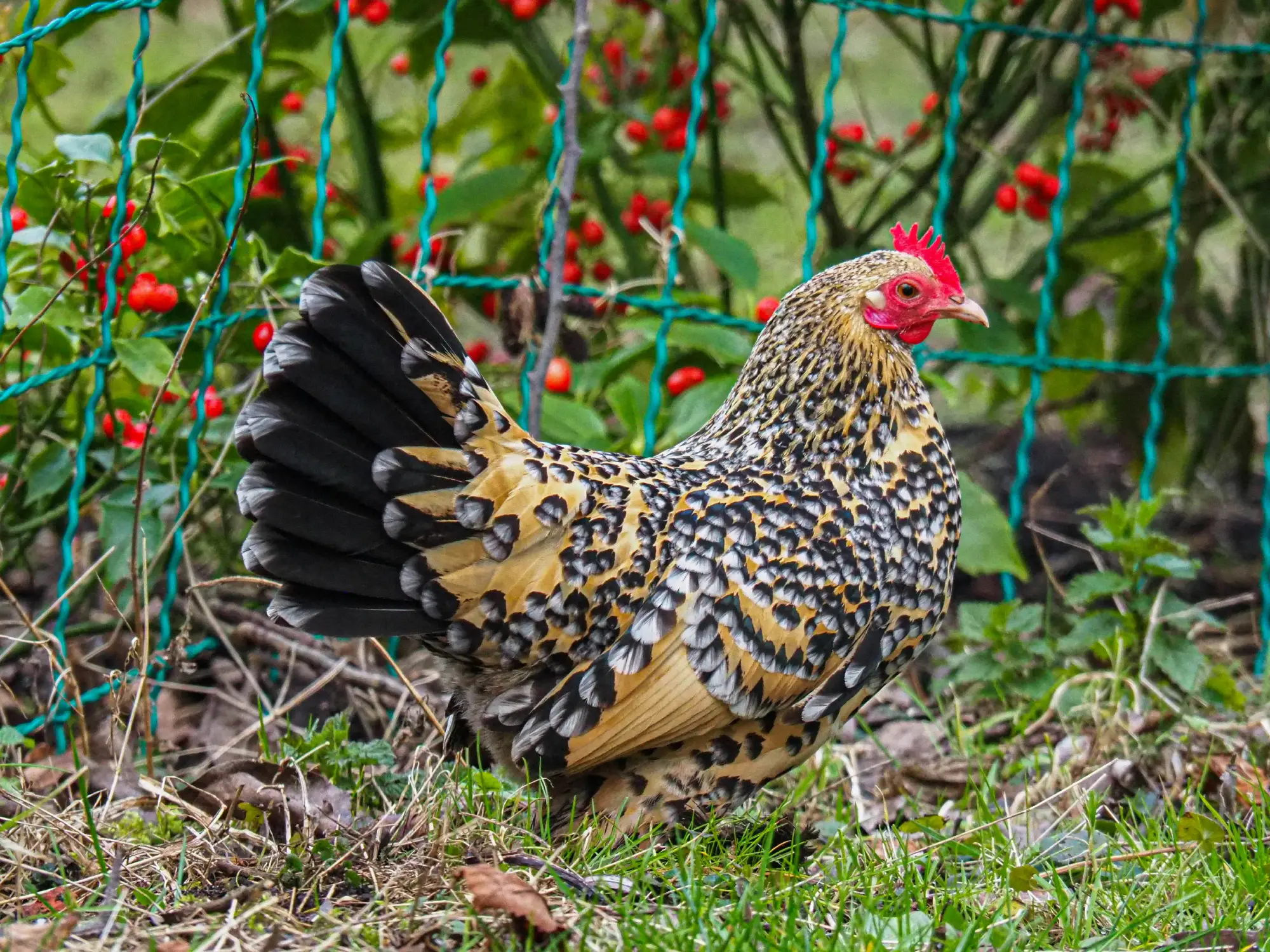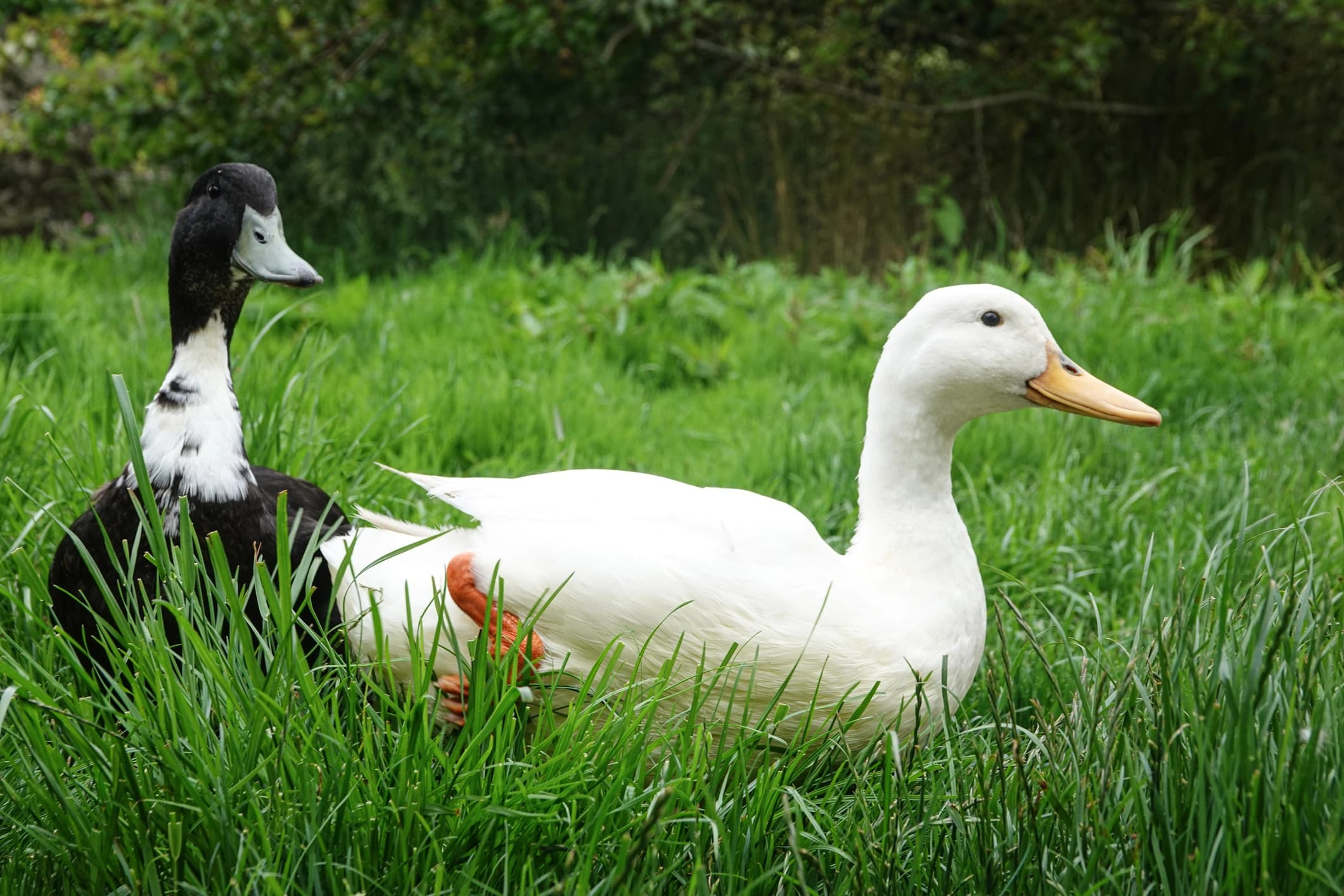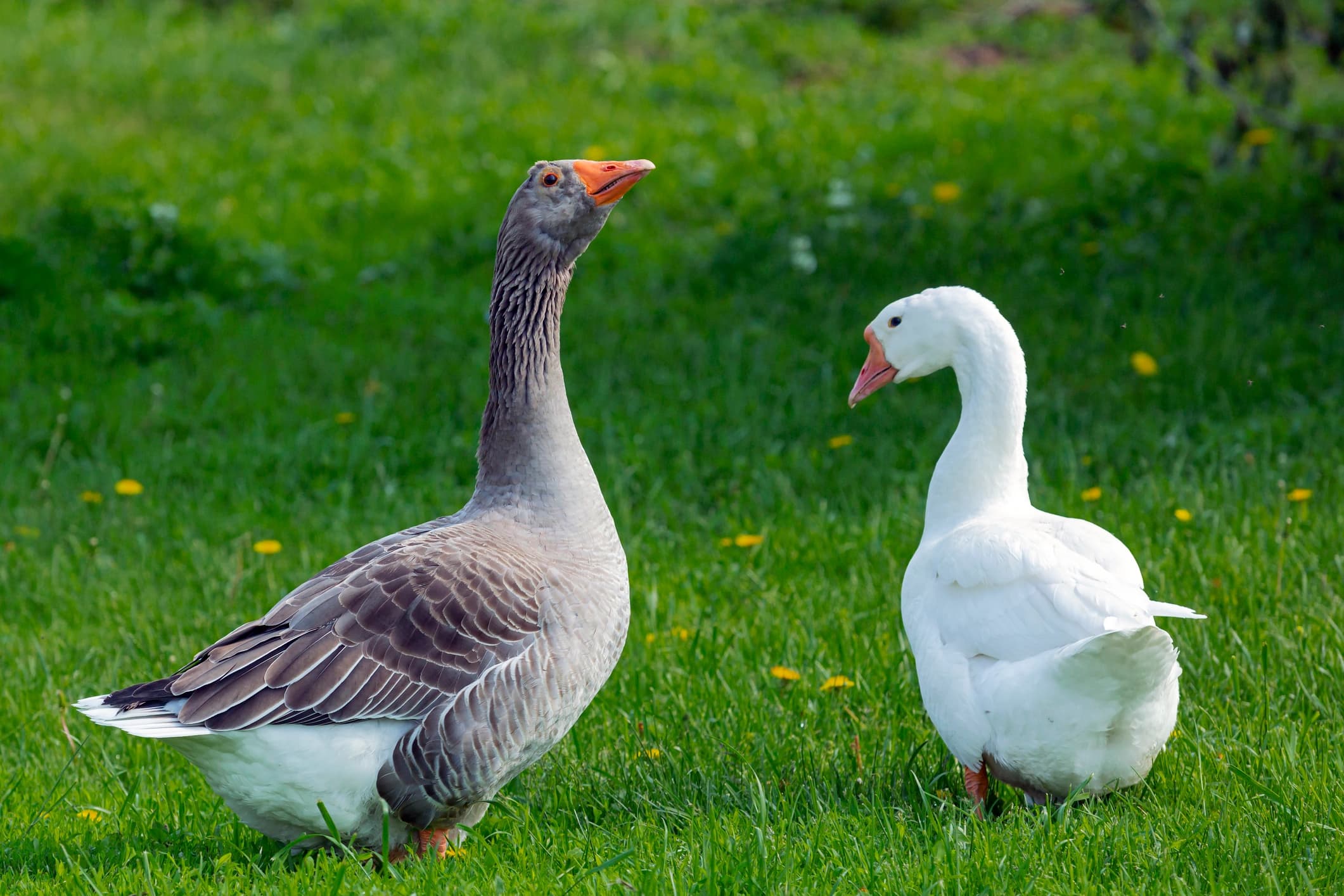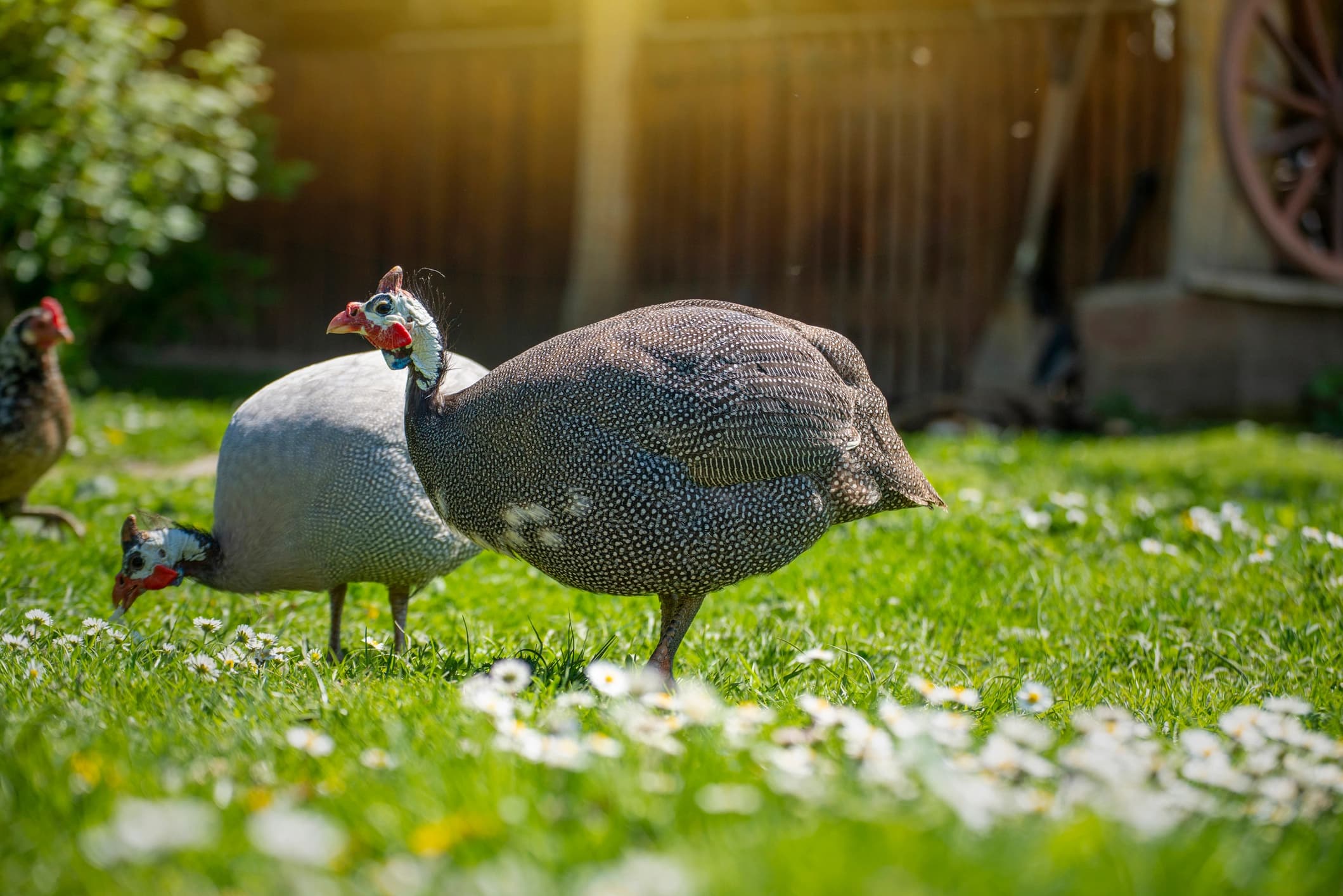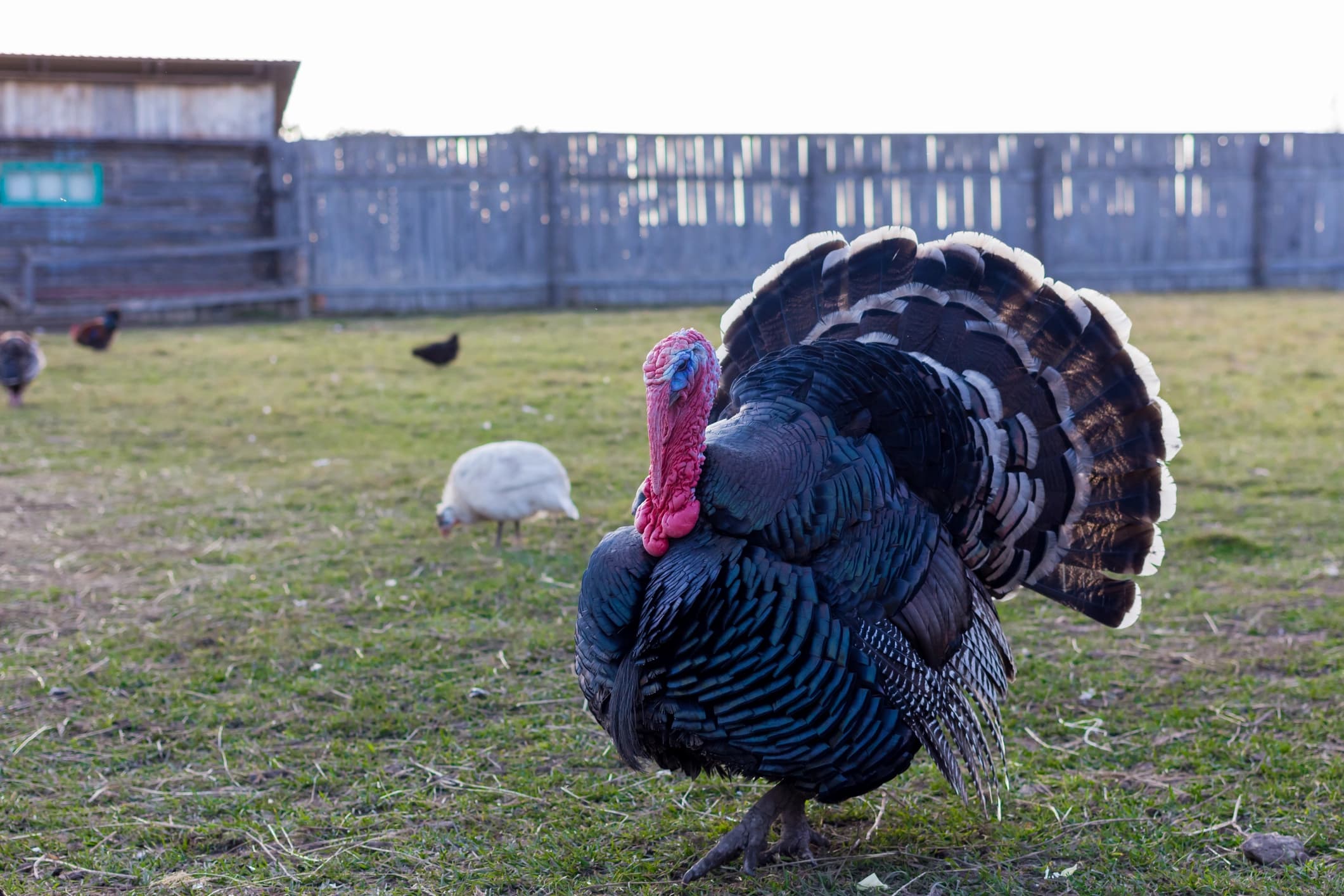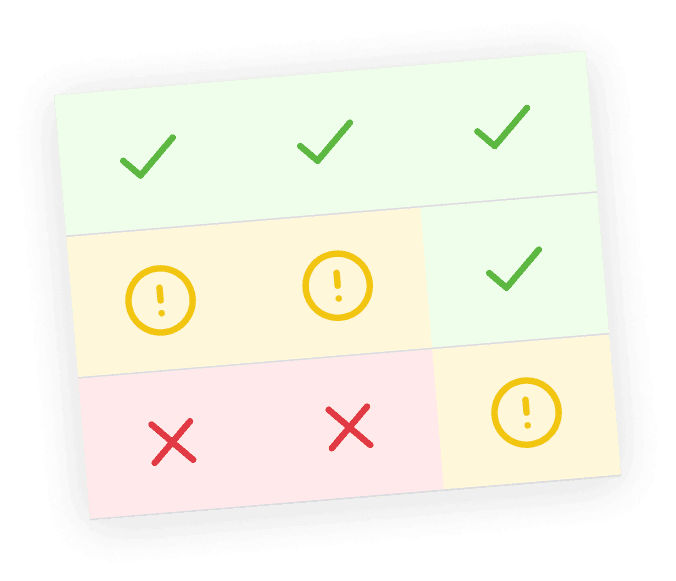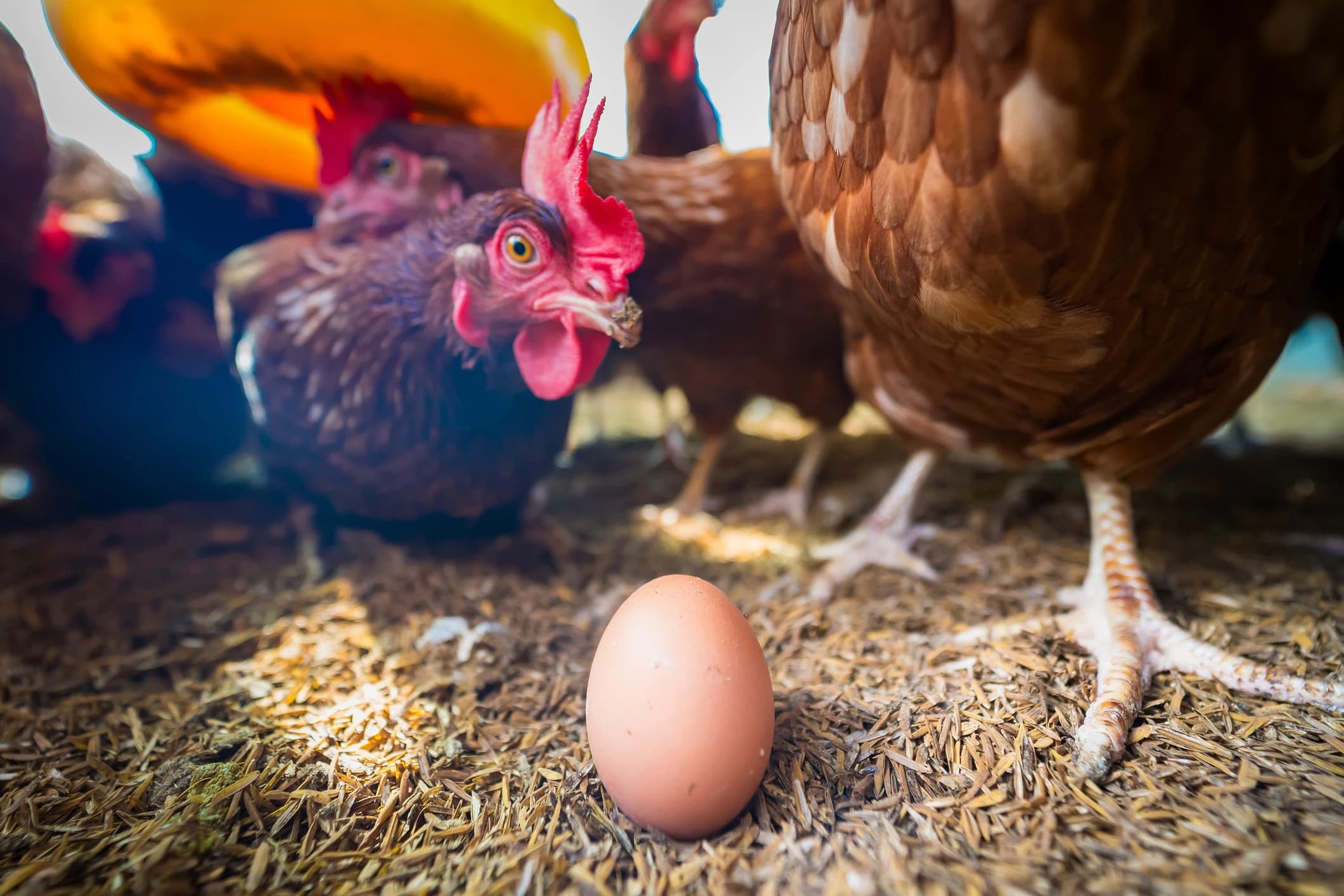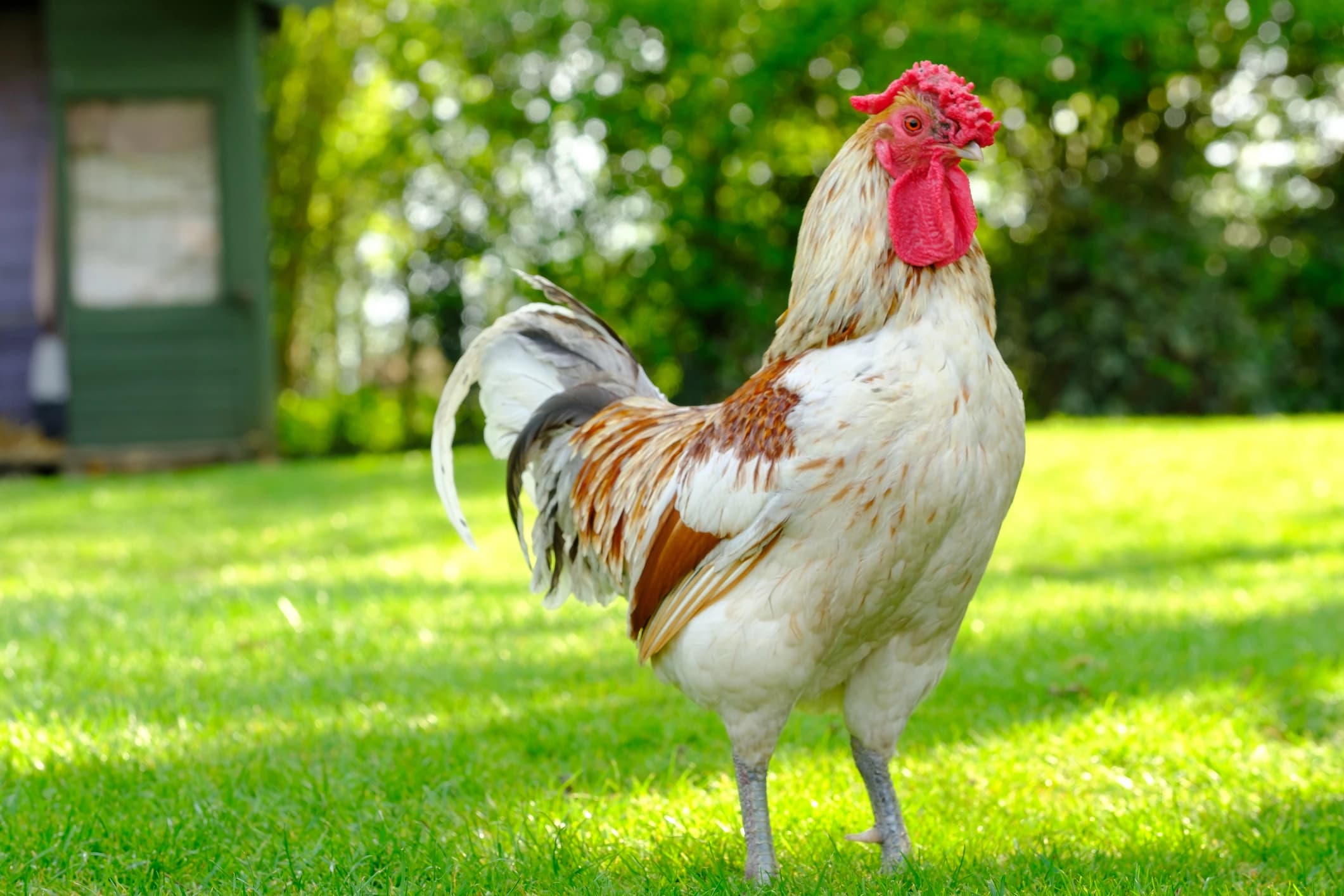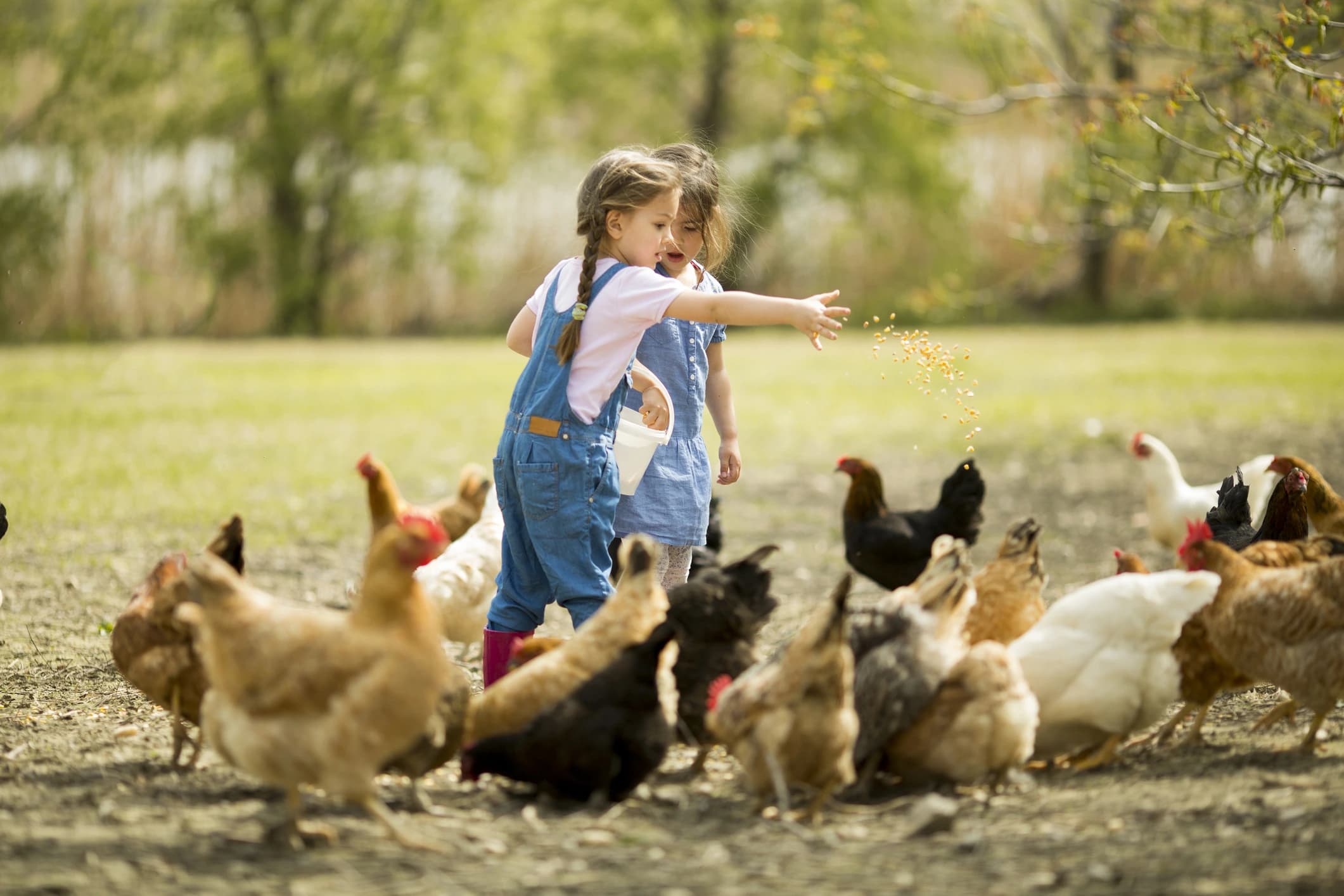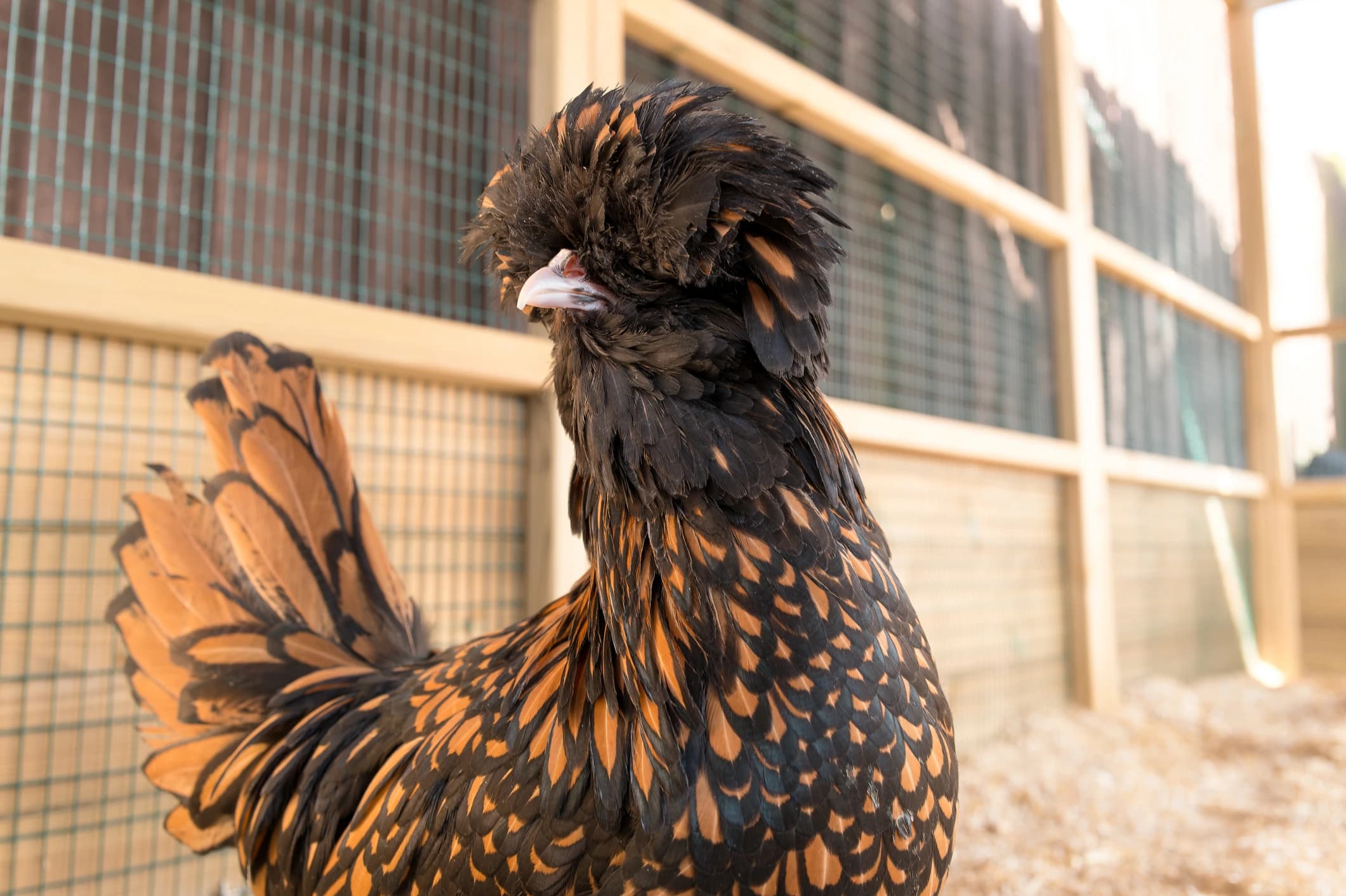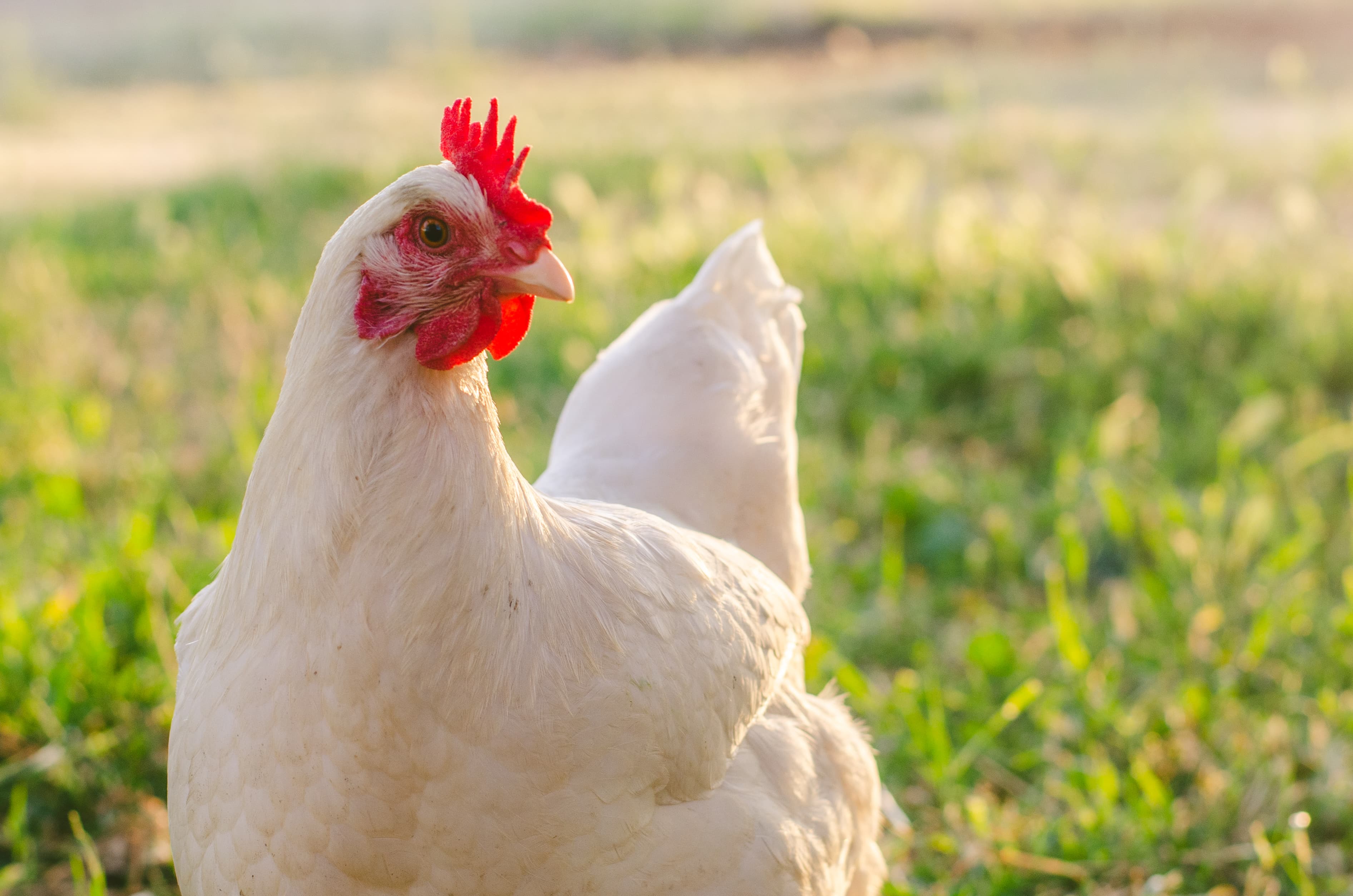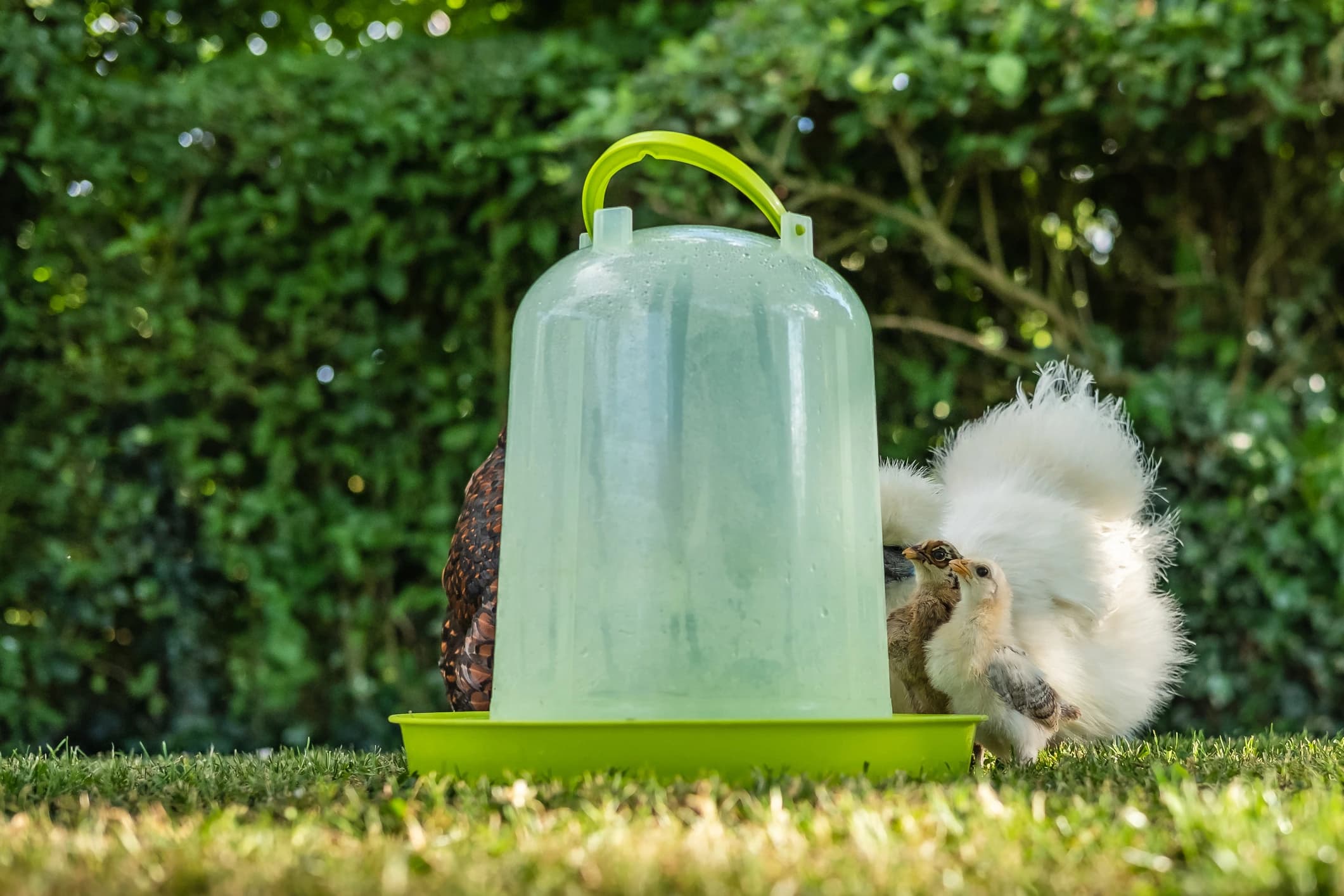
Raise Happy, Healthy Chickens
Expert-hatched baby chicks with purebred quality. Start your farm-fresh egg journey today.
Where To Start

Now taking orders for the 2026 season!
Shop by Poultry Type
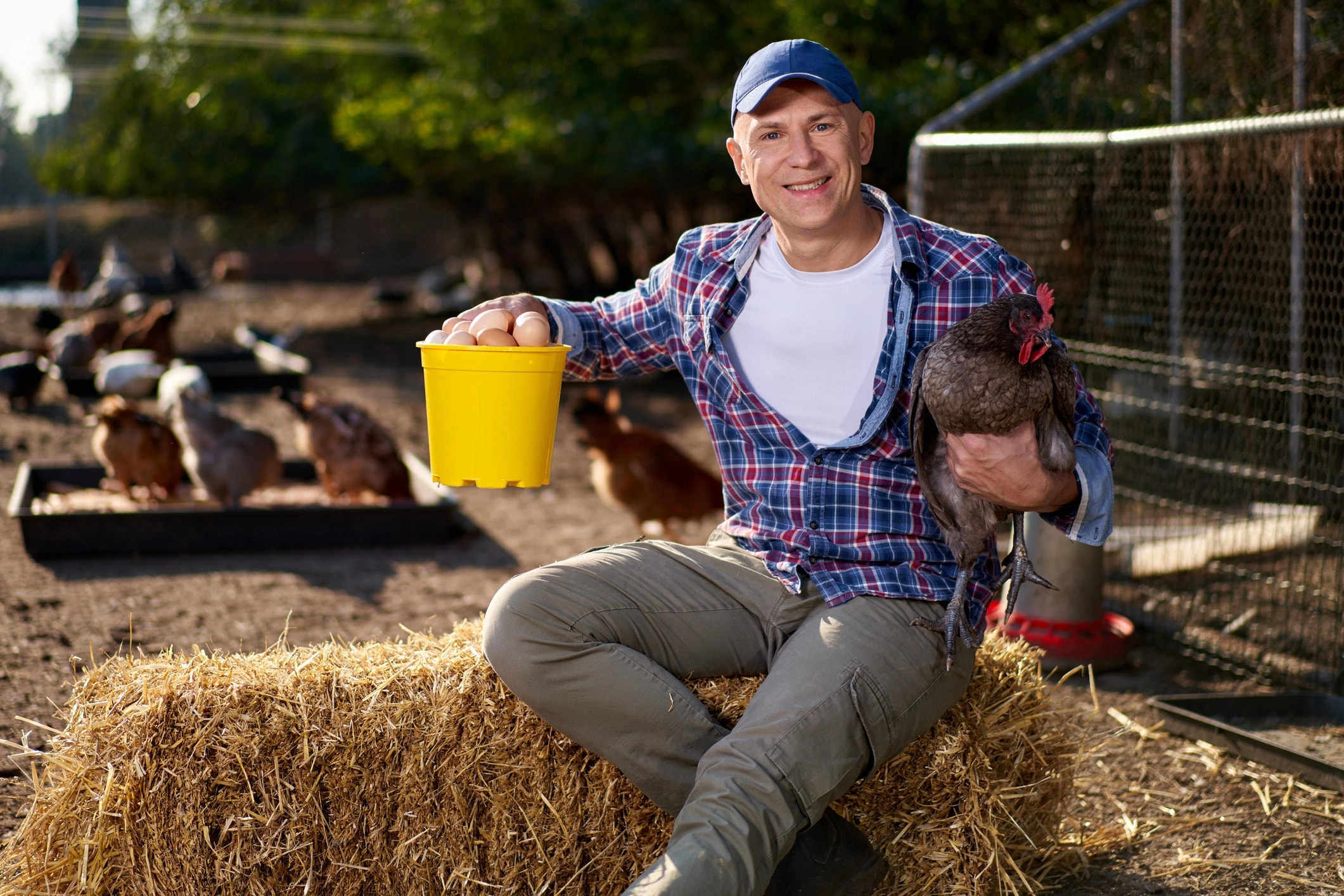
Top Selling Breeds
Shop by Category
Best Sellers

Barred Plymouth Rock Chickens
Females: $5.39
(28)
Rhode Island Red Chickens
Females: $5.39
(11)
Buff Orpington Chickens
Females: $5.39
(23)
Lavender Ameraucana Chickens
Females: $17.99
(1)
Light Brahma Chickens
Females: $5.84
(7)
Olive Egger Chickens
Females: $8.99
(17)
Easter Egger Chickens
Females: $5.84
(10)
Salmon Faverolle Chickens
Females: $8.99
(6)
Black Australorp Chickens
Females: $5.39
(7)
Golden Comet Chickens
Females: $5.39
(11)
Jumbo Cornish Cross Chickens
Not Sexed: $5.49
(2)
Splash Ameraucana Chickens
Females: $17.99

Blue Laced Red Wyandotte Chickens
Females: $8.99

Welsummer Chickens
Females: $5.84
(7)
French Black Copper Marans Chickens
Females: $11.69
(6)
Speckled Sussex Chickens
Females: $5.84
(7)
Golden Laced Wyandotte Chickens
Females: $5.39
(10)
Silver Laced Wyandotte Chickens
Females: $5.39
(5)
Lavender Orpington Chickens
Females: $11.69
(2)
Premium Baby Chicks & Backyard Chickens for Sale
Expert-Hatched Baby Chicks with Guaranteed Quality
At Chickens For Backyards, we're passionate about helping you raise happy, healthy chickens. Our expert-hatched baby chicks come with a guaranteed quality promise, ensuring that every chick is healthy, vibrant, and ready to thrive in your backyard flock. Whether you're looking for classic egg layers, friendly pet breeds, or rare heritage chickens, we have the perfect birds to start your farm-fresh egg journey.
Heritage Breeds & Beginner-Friendly Options
From timeless heritage breeds to beginner-friendly chickens, our diverse selection makes it easy to find the right fit for your backyard. Explore our Top 8 Popular Breeds, discover rare varieties like Polish chickens, or choose from our Top 5 Gentle Breeds perfect for families. Each breed is carefully selected for its unique characteristics, temperament, and productivity, ensuring you get exactly what you're looking for.
Custom Flocks with Mix & Match Breeds
Create your perfect custom backyard flock by ordering as few as 3 chicks and mixing and matching breeds. Whether you want a variety of egg layers, a colorful assortment of bantams, or a blend of meat and egg producers, our flexible ordering system makes it simple. We also offer ducklings, geese, guineas, and turkey poults to diversify your backyard farm experience.
1-on-1 Customer Service & Expert Support
Our in-house team is here to address all your questions and concerns with personalized 1-on-1 customer service. From selecting the right breeds to providing care tips and troubleshooting, we're committed to your success. Browse our availability chart to plan your orders, explore our chicken supplies, and take advantage of our expertise to build a thriving, productive backyard flock that brings you joy for years to come.
